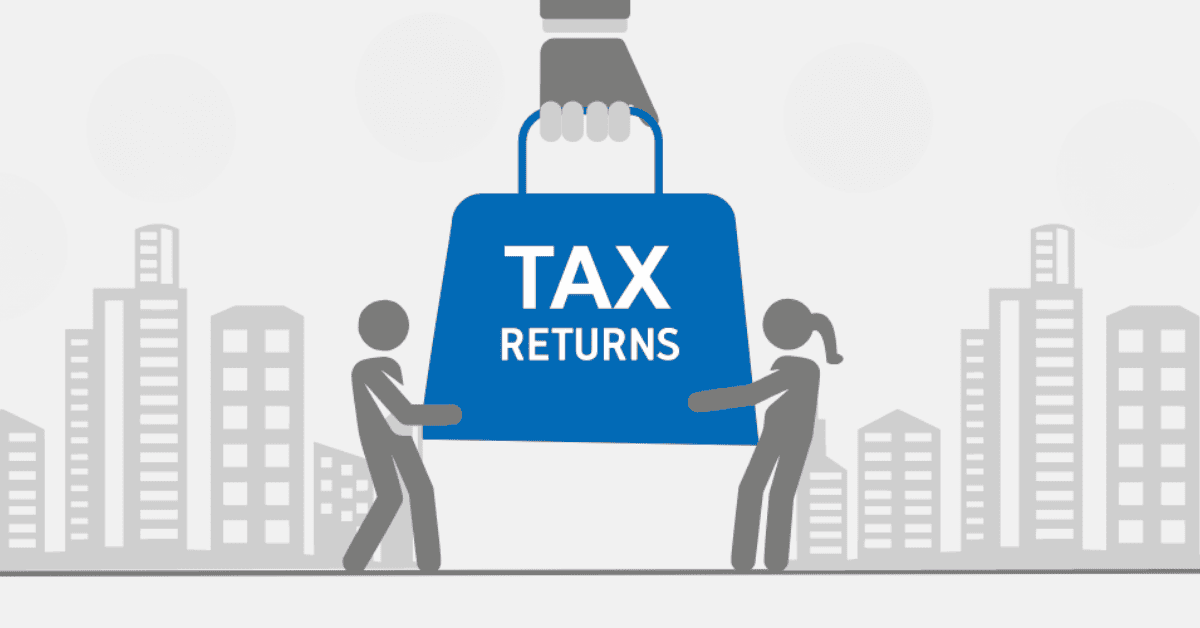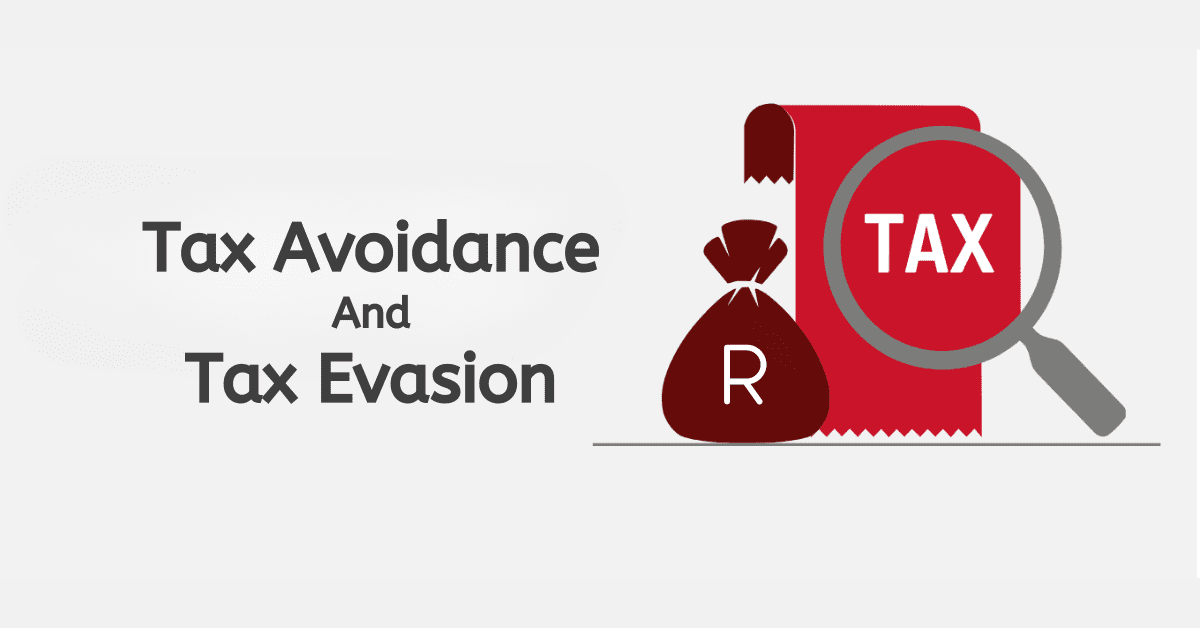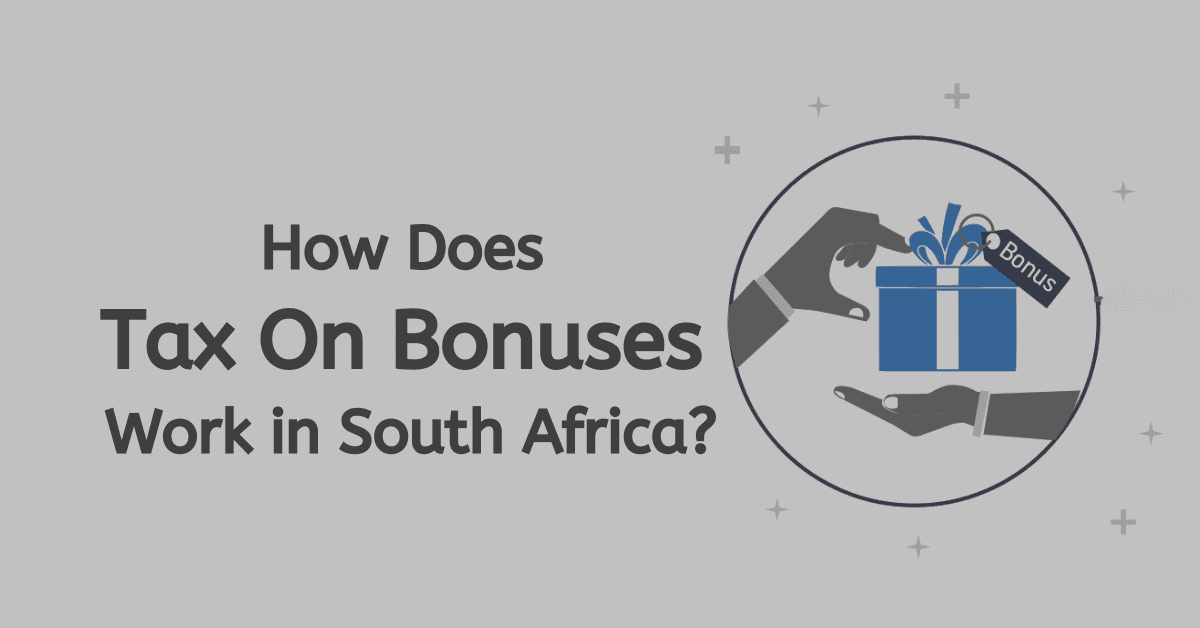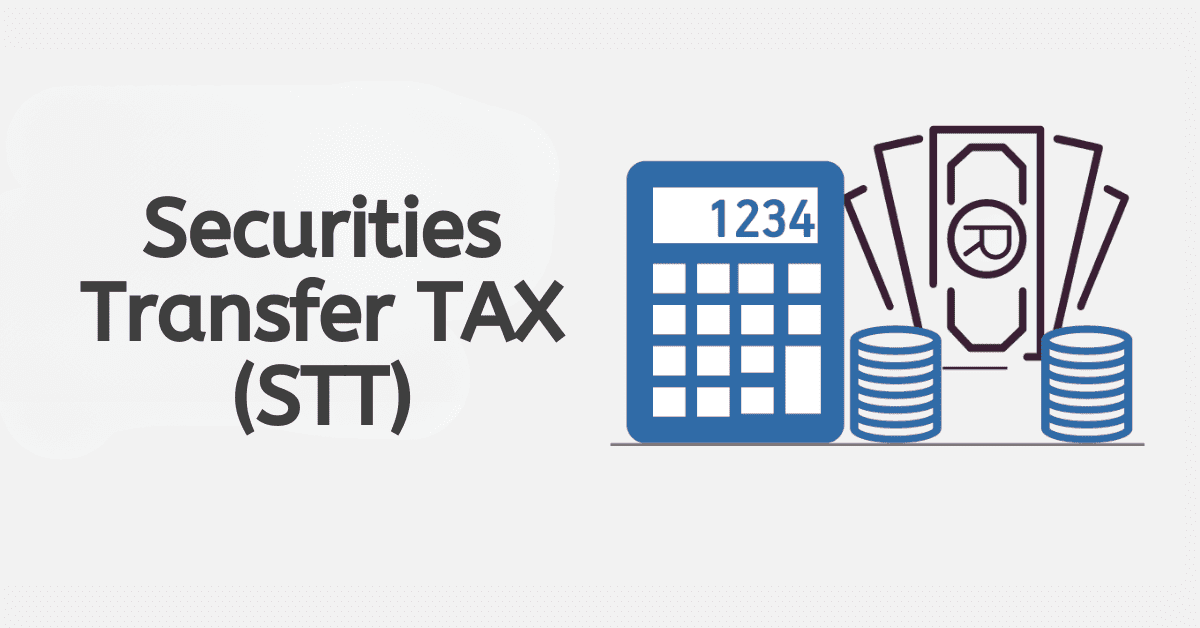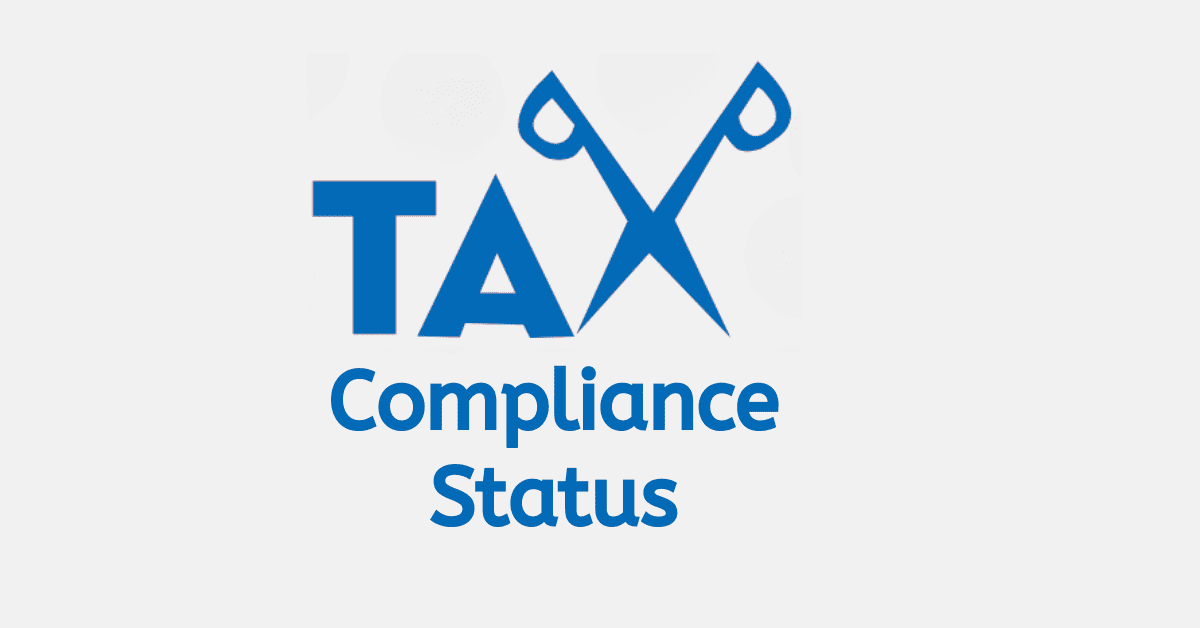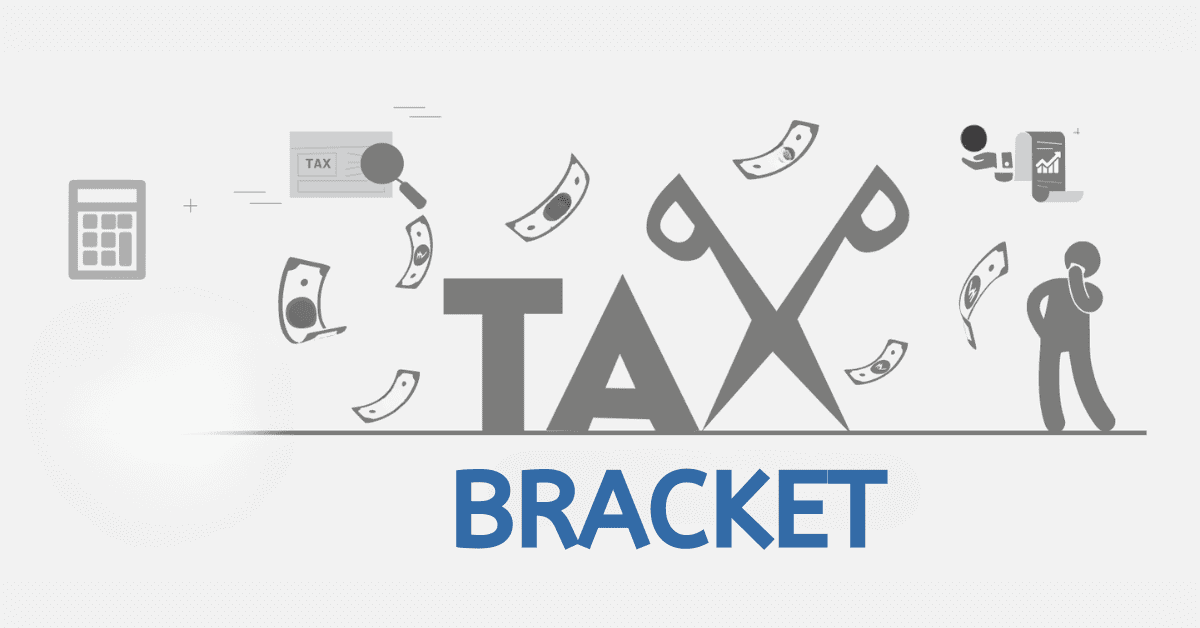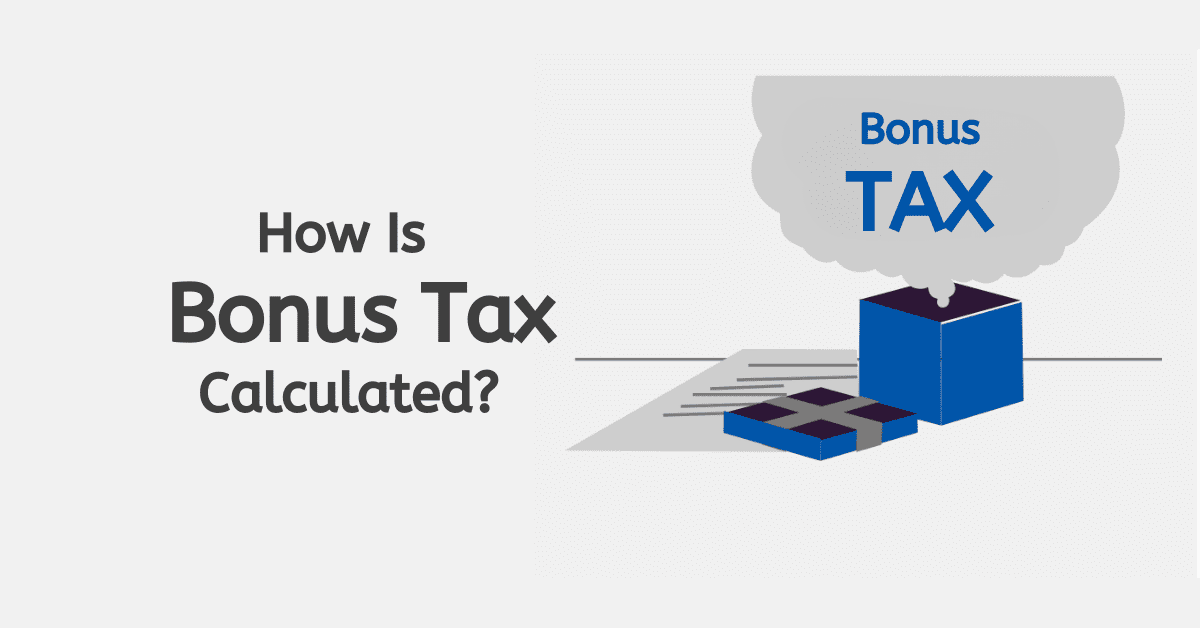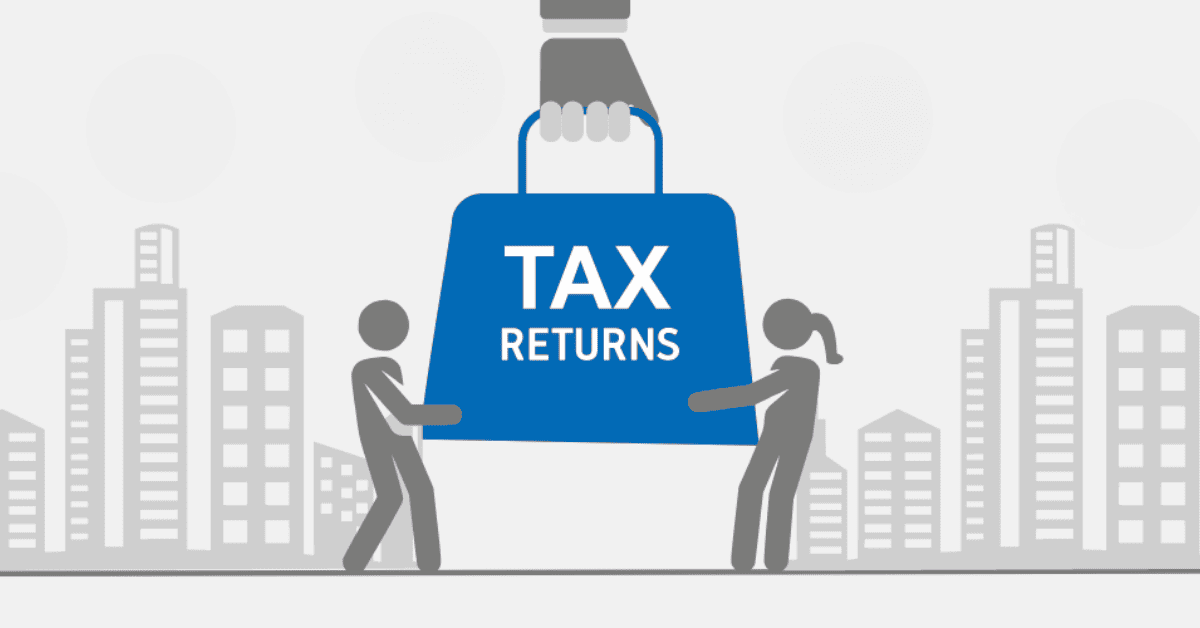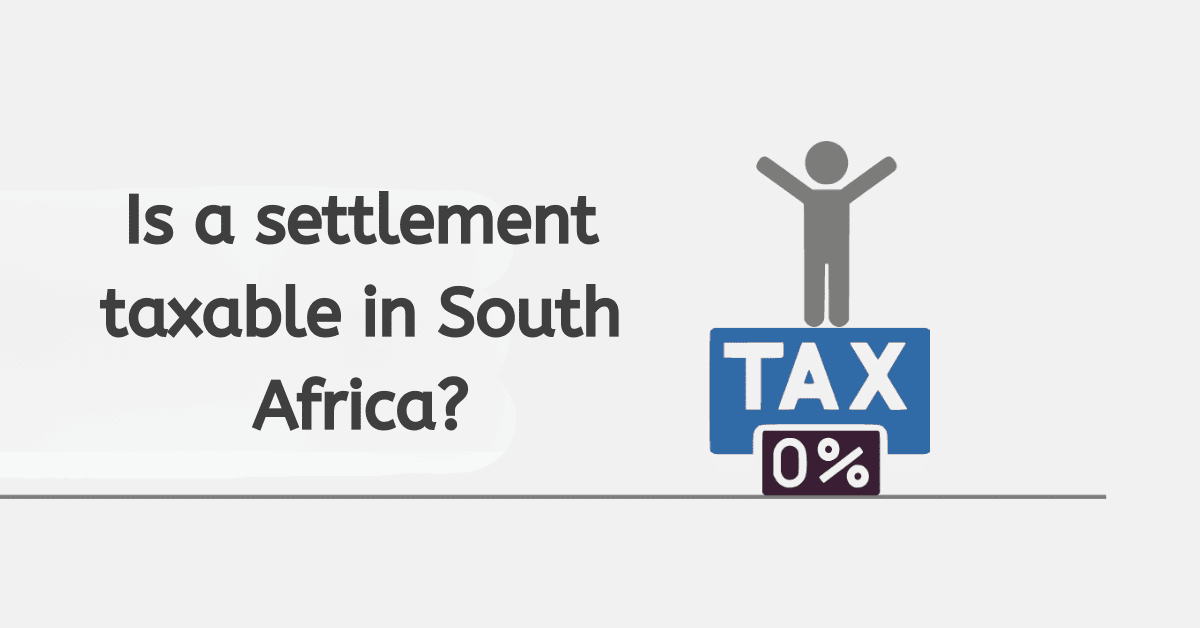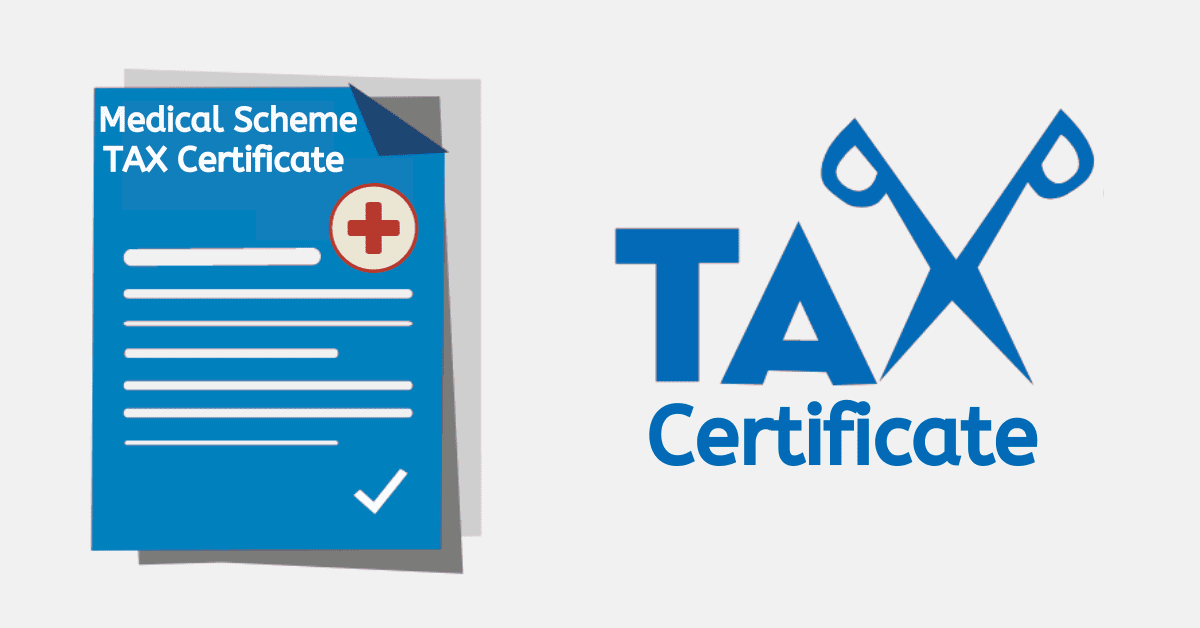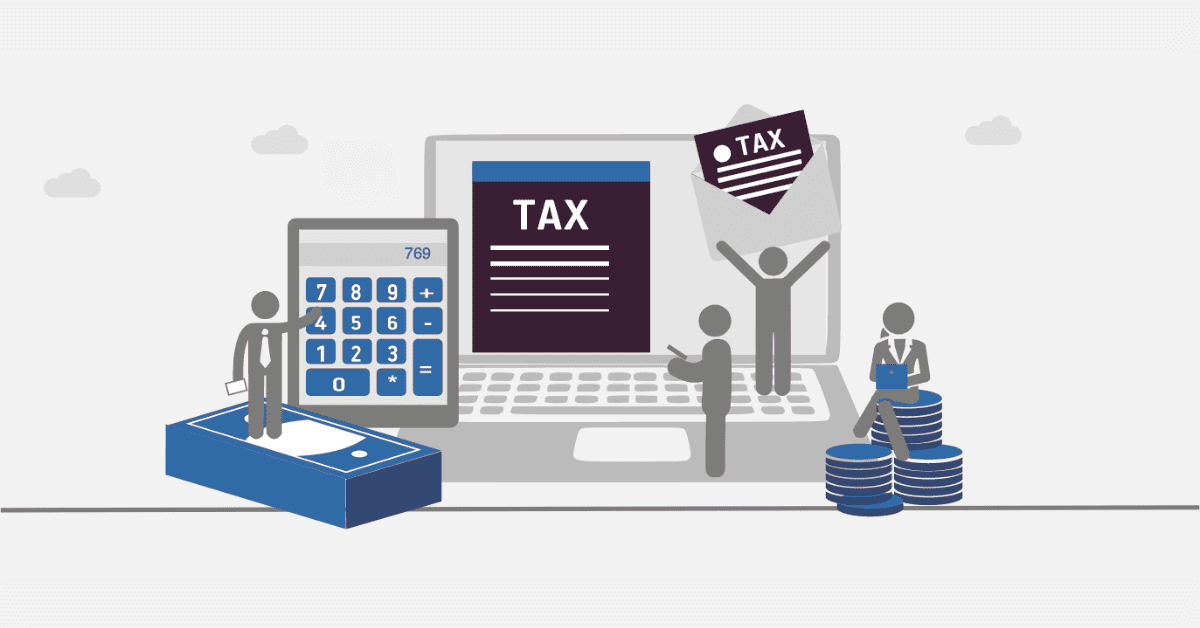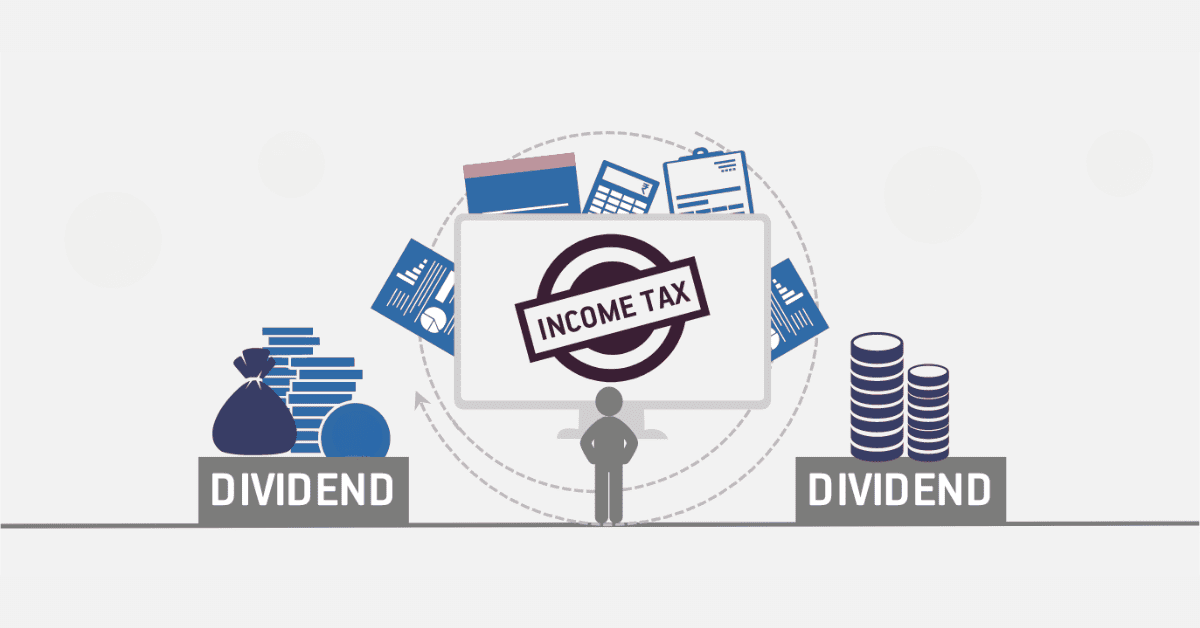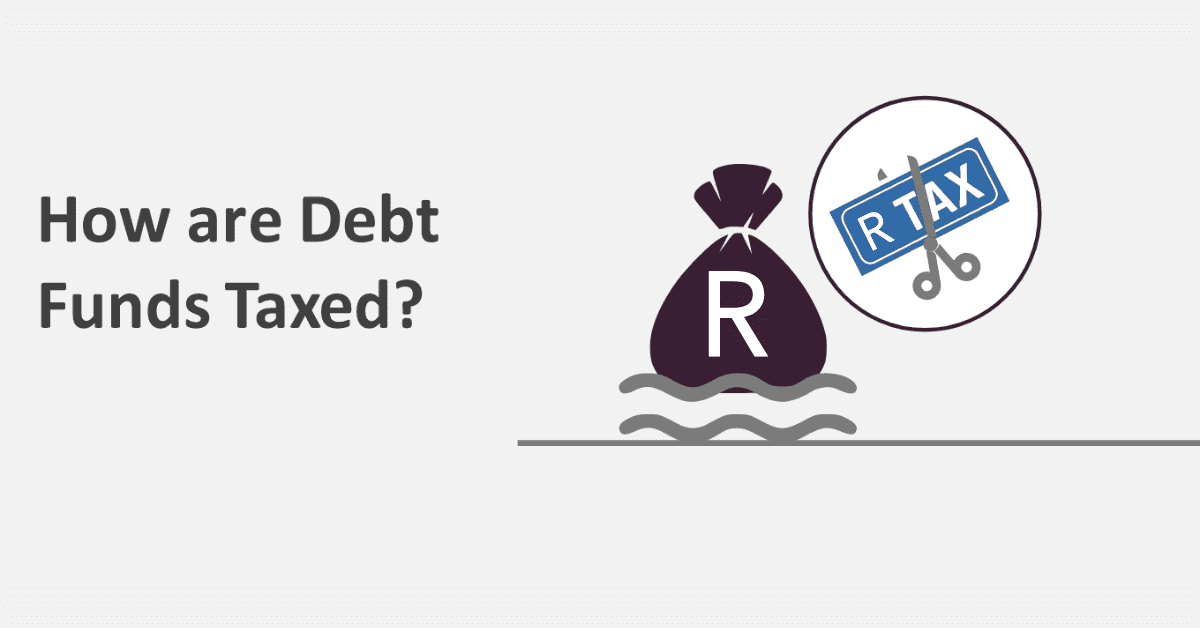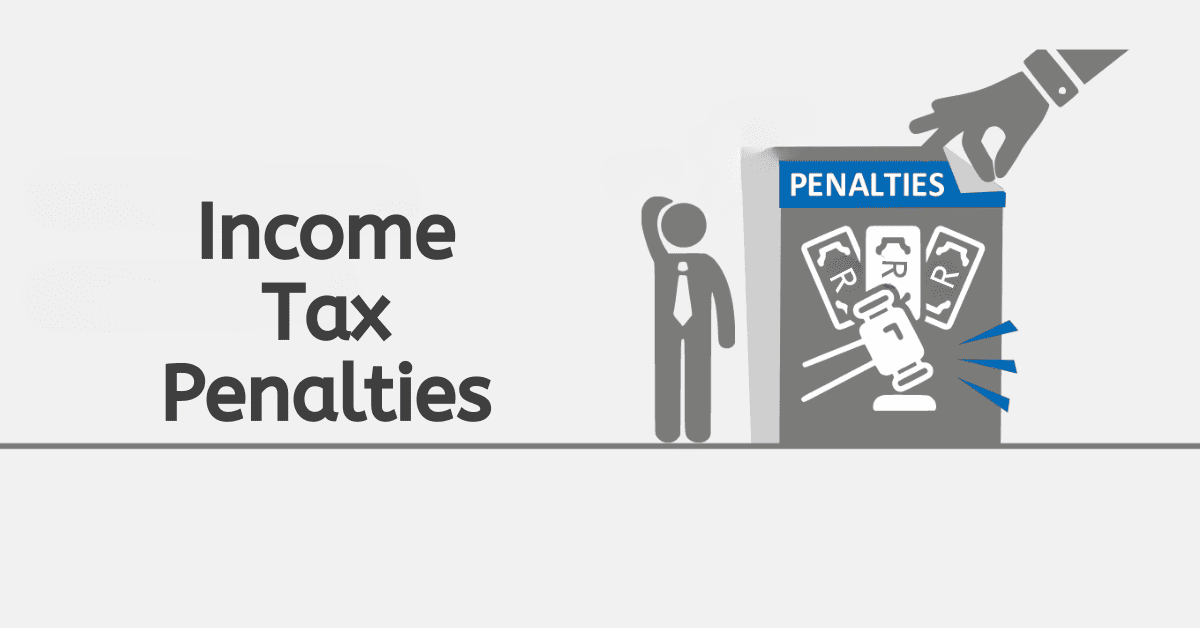In South Africa, pension money is vital in securing individuals’ financial futures during retirement. To encourage people to save for retirement and offer tax relief to taxpayers, the South African government permits pension fund contributions to be eligible for tax deductions. This practice has various implications and benefits for contributors and the national economy. In this article, we’ll delve into the specifics of why pension funds are an allowable tax deduction in South Africa
Why is the Pension Fund in South Africa an Allowable Tax Deduction?
The South African government encourages citizens to save for retirement by offering tax incentives. Allowing pension fund contributions to be tax-deductible is one such incentive. The primary reasons behind this policy are:
- Encouraging Financial Planning: Motivating people to save for their later years ensures they remain financially independent as they age. The government’s provision of tax deductions for pension fund contributions incentivizes individuals to actively plan for their financial security.
- Financial Stability: A well-supported pension system maintains a stable economy. With a robust retirement nest egg, you stand on your financial feet, lightening the load on public funds.
- Invest for Tomorrow: Pension funds open doors to enduring financial ventures. The government’s tax deduction strategy promotes participation in these funds, fostering long-term investments that stimulate economic growth and capital accumulation.
- Encouraging Savings and Investments: Tax-deductible pension fund contributions benefit individuals and the financial sector. These contributions create a pool of capital that pension funds can invest, thereby contributing to the growth and development of the local financial markets.
What is the Tax Deduction for Pension Funds in South Africa?
The tax deduction for pension funds in South Africa is governed by specific regulations and limits. Check the essential aspects to weigh:
- Contributions to Retirement Funds: Your total contributions to retirement funds, encompassing pension funds, provident funds, and retirement annuity funds, come with tax-deductible benefits. However, these contributions are subject to specific income percentage limits.
- Limitation: The deduction is capped at 27.5 percent of the higher figure between your remuneration and taxable income, with an annual maximum of R350,000. In essence, this allows you to subtract a portion of up to 27.5 percent of your overall earnings for investment in retirement funds, thereby reducing your taxable income.
- Annual Maximum: There’s also a yearly maximum limit for tax deductions on contributions. As of the latest information, the maximum annual deduction is capped at R350,000.
- Age Consideration: The tax deduction rules also consider your age. For those under 45, there’s an added provision. Should your yearly investments in retirement accounts exceed 27.5 percent of your earnings, any extra can roll over to future years when you’re below this threshold.
- Employer’s Share: If you’re enrolled in a company-sponsored retirement plan, the money your employer puts in for you can also be subtracted. This serves to further decrease your taxable income.
- Tax Efficiency: Leveraging the pension fund tax deduction proves to be an efficient method for saving on taxes while planning for retirement. It not only trims down your taxable income but also promotes long-term savings.
How Much of My Pension Fund is Tax-Free?
Once you retire and begin accessing your pension fund, how it’s taxed depends on the specific type of fund you’ve been contributing to. The tax treatment can be outlined as follows:
- Pension Fund: With pension funds, you can take up to one-third of the total value as a lump sum at retirement without facing taxation. The remaining two-thirds must be utilized for purchasing an annuity or transferring it to a living annuity.
- Provident Fund: For provident funds, the entire sum can be withdrawn as a lump sum during retirement without incurring any tax consequences. Still, note that the future could bring shifts as there’s active thought on harmonizing provident funds and pension funds regarding tax-free segments.
- Retirement Annuity (RA) Fund: Retirement annuity funds differ from pension and provident funds. You may collect the full amount as a single windfall and seize the tax-free bounty of one-third.
Nonetheless, it’s paramount to stay in the know about any shifts in tax laws and the precise guidelines connected to your fund, as these may evolve as time marches on.
Are Employee Provident Fund Contributions Tax Deductible?
Certainly, the contributions made to employee provident funds are eligible for tax deductions. Much like pension funds, these contributions can be subtracted from your taxable income, following the same regulations and limitations mentioned earlier. By making these contributions, individuals can save for retirement while simultaneously lessening their tax burden.
Conclusion
To recap, the South African tax system allows for tax-deductible pension fund contributions to promote long-term retirement savings. These deductions adhere to specific limits and regulations, ensuring equitable and sustainable benefits. Additionally, the tax-free portion of your pension fund is determined by the type of fund you’ve invested in. Similarly, contributions to employee provident funds align with the government’s objective of fostering financial responsibility and maintaining economic stability.
